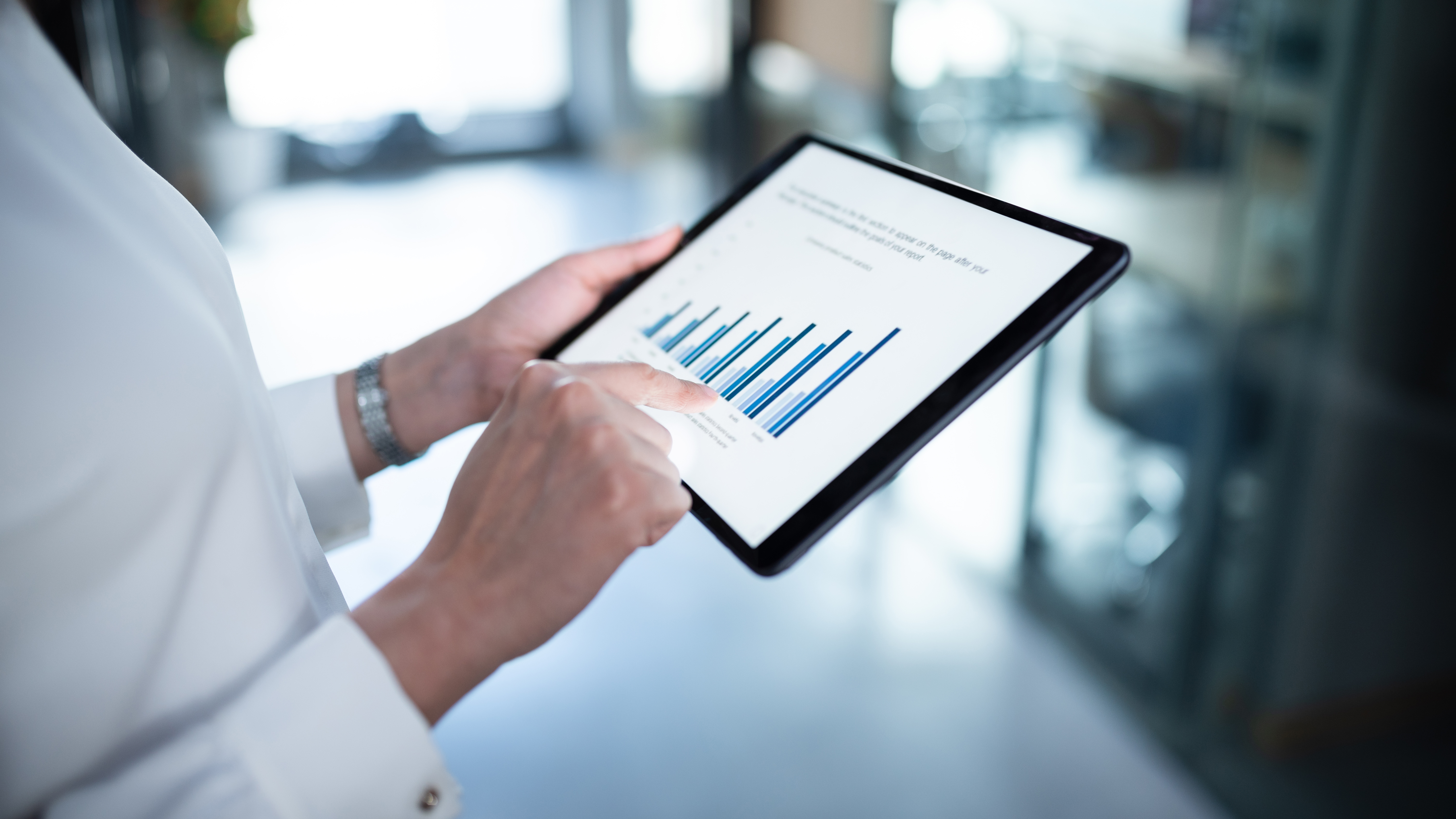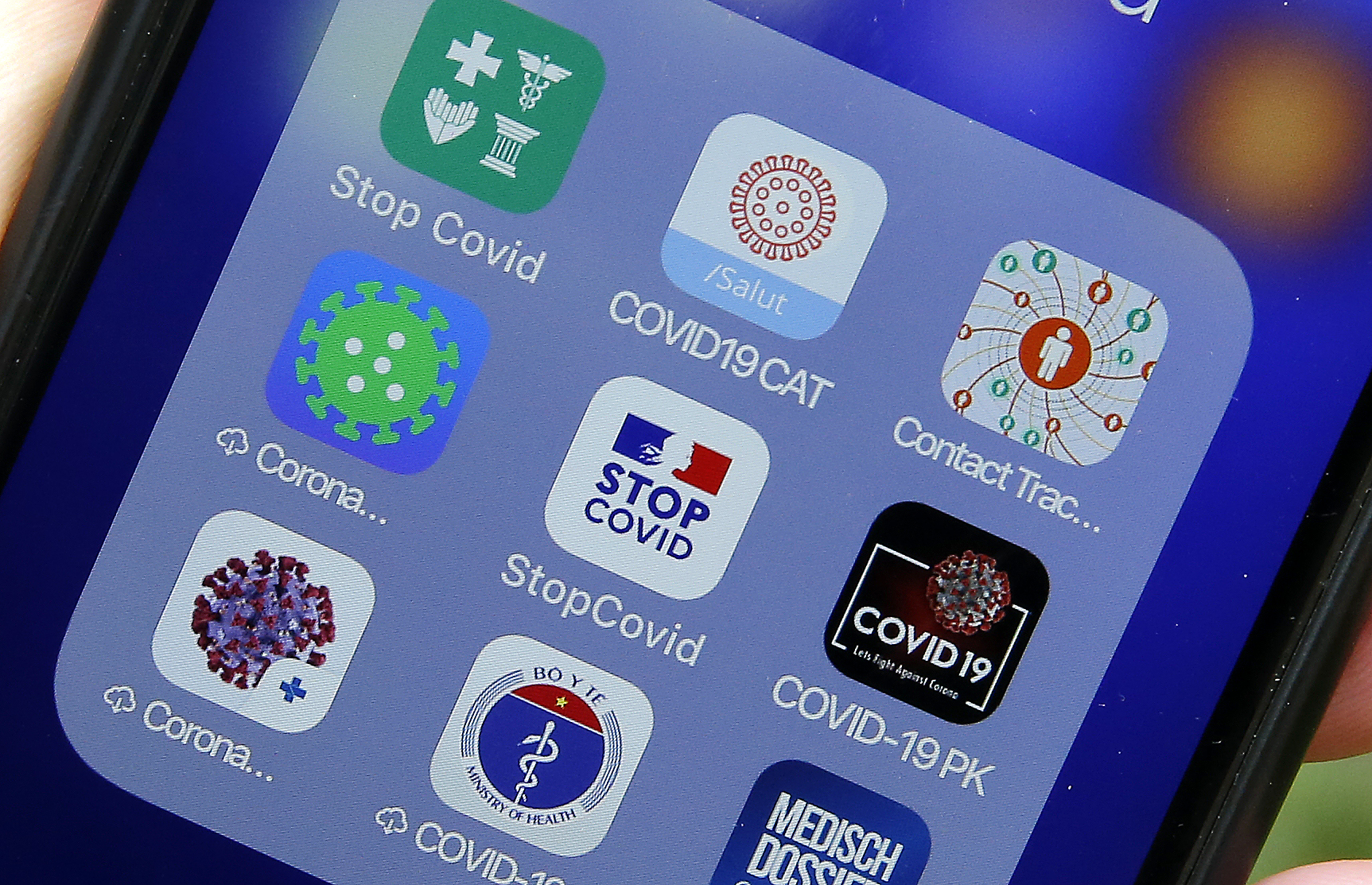
Editor's note: Sid Mohasseb is Adjunct Professor in Dynamic Data-Driven Strategy at the University of Southern California and is former National Strategic Innovation Leader for Strategy at KPMG. He is the author of The Caterpillar's Edge (2017). The article reflects the author's views, and not necessarily those of CGTN.
America must admit that it is slowly losing the AI race to China. After this admission, it should change course and realize that Silicon Valley is just one of many global tech hubs, along with Beijing.
It is opportunities in AI that will deliver the growth that, in the long-term, is needed to recover from the economic slump caused across North America and Europe by the pandemic, and usher in the job creation needed by the millions of newly unemployed. This is a generational challenge that the world must embrace together.
In the last several years, China has grown at twice the pace of the U.S., and is set to continue to do so. At scale, this will eventually lead to the loss of trillions of dollars of opportunities. Much of China's growth is dependent on its world-beating AI sector, which produces four times the academic research on AI as the United States.
To create a stronger AI industry and catch up on years of missed opportunities, first America needs to get over the hurdle of "privacy."
Although there are extensive laws on data privacy and data sharing in almost all Western countries, it is questionable what exactly they deliver to the population. Their data is still held by a variety of corporations and, of course, their own governments. Those laws' actual benefits in terms of civil liberties is debatable.
Although privacy is clearly important to many Americans, it is a severely limiting constraint within which to run a 21st century economy.
The economic effect of this constraint is clear. The current applications of AI are often suboptimal in these markets, for example, large e-commerce companies harvest and store huge amounts of information on consumer habits and use AI algorithms to sell them more products at more profitable price points.
But if various government departments and different businesses worked together collaboratively (rather than the government being merely a regulator and businesses being solely driven by profits) those same technologies can be used to predict future behaviors, create new areas of economic activity, and even form social or health policies.

Mobile phone applications developed to trace people who test positive for COVID-19 are displayed on the screen of a smartphone on October 22, 2020 in Paris, France. /Getty
Mobile phone applications developed to trace people who test positive for COVID-19 are displayed on the screen of a smartphone on October 22, 2020 in Paris, France. /Getty
Those social and health policies are particularly important during the pandemic, which is still peaking in many parts of the United States, for example. The data-driven approach of authorities like China's National Health Commission and Bangladesh's a2i program show that, with AI, outbreaks can be more swiftly contained.
Without AI and tech leadership, however, the curve will undoubtedly take longer to be flattened, and many more lives will be in danger.
To create the Artificial Intelligence opportunities of the future, the raw material needed - AI know-how, and the big data that it can be applied to - needs to be harnessed by both political and corporate policies.
At the government level, leaders should stop pandering to the false God of privacy and realize that in a tech-enabled society, privacy is relative to the price in lost opportunities.
Technologies that are based on the informed and proportionate trading off of individual privacy have the capacity to deliver transformational and tangible benefits that hugely outweigh the (often theoretical and abstract) harms.
To encourage individual data sharing, companies and governments should increase transparency about the AI applications and the data that is being applied to them, almost in the same way that a charity shows its donors the difference their donations are making, thereby encouraging more and bigger donations.
An example of this is the various "track and trace" systems that rely on AI to limit the spread of COVID-19, and have had some success in voluntary participation through the sacrifice of some of one's own privacy.
2020 will be the year that many in the Western world began to develop a taste for sacrificing personal liberties for the greater good, whether they are privacy, stay-at-home orders, or volunteering for vaccine trials.
However, some individuals will continue to resist. For them, perhaps a revenue sharing model, where companies reimburse users for their data and for the income generated by the AI applications it enables, can be attractive.
AI has the power to transform societies, whether through control of pandemics, early identification of cancer risks, or through pre-empting and averting terrorist attacks.
It also has the power to create jobs and growth which are more needed than ever.
Those jobs could be created through the industries and governance models of the future, based on Artificial Intelligence.
A new industrial revolution is coming, and it is up to America to admit its previous failings and create a culture where government, people, and corporations are aligned and collaborating to benefit from it.
(If you want to contribute and have specific expertise, please contact us at opinions@cgtn.com.)

